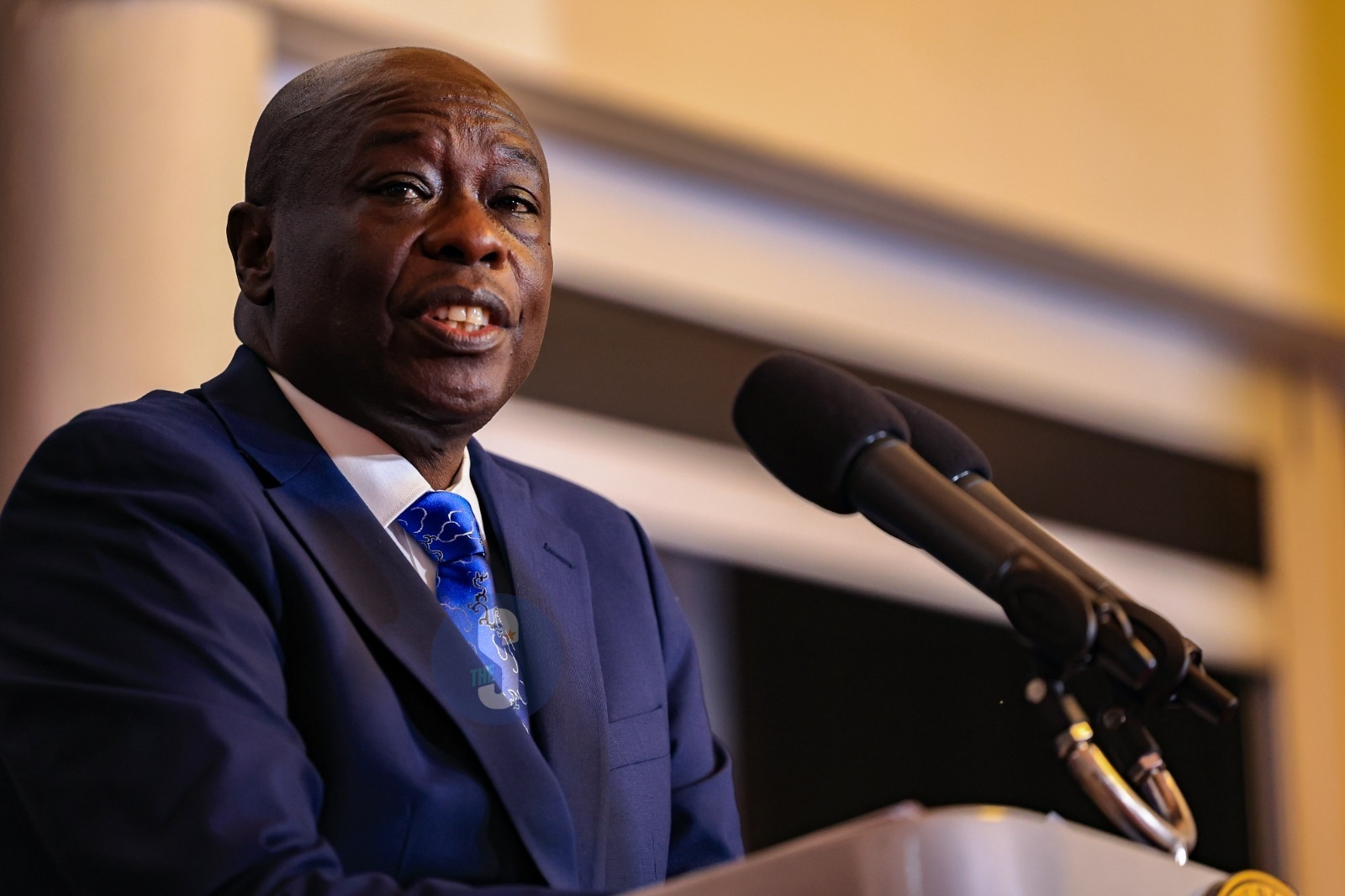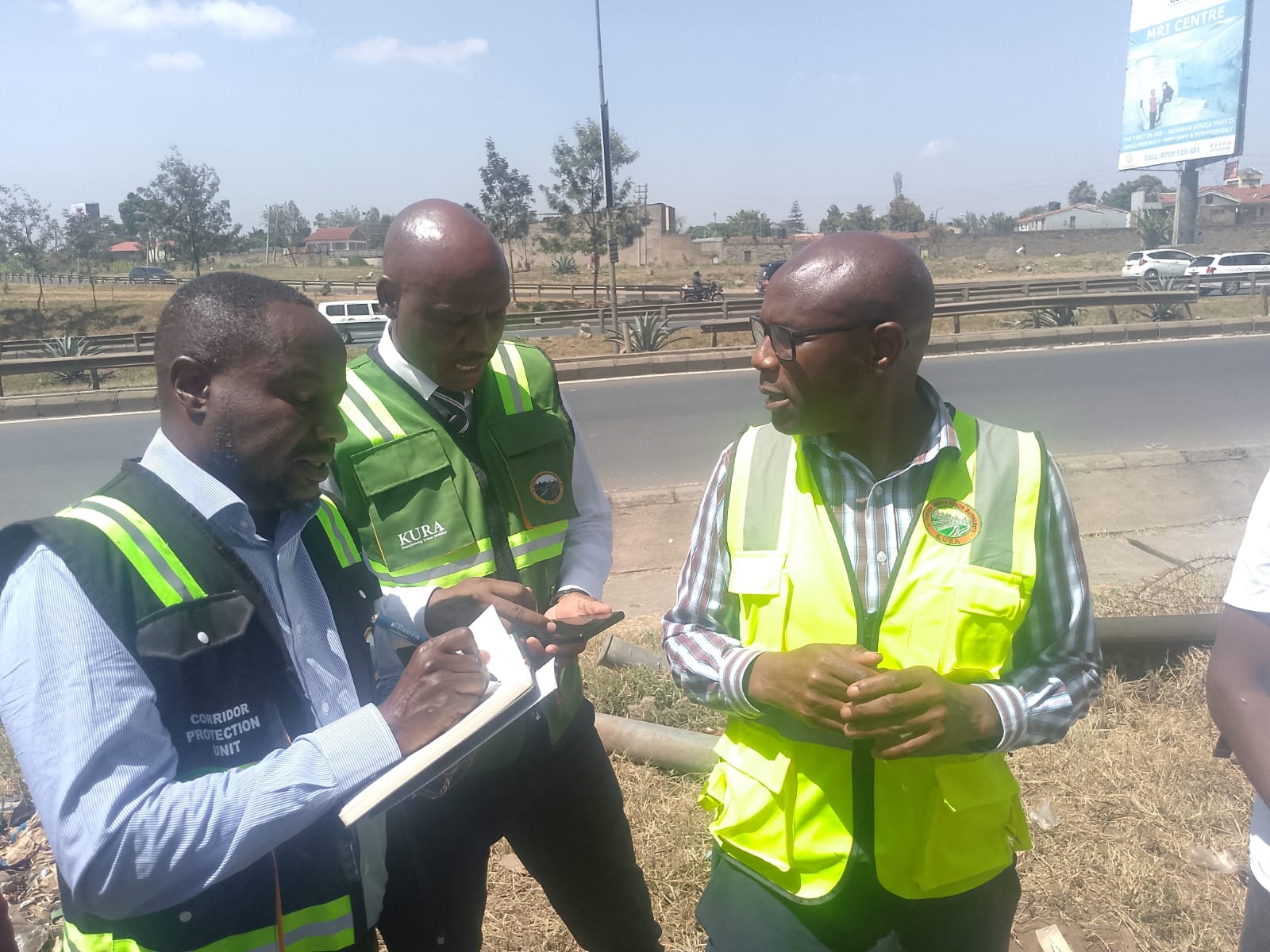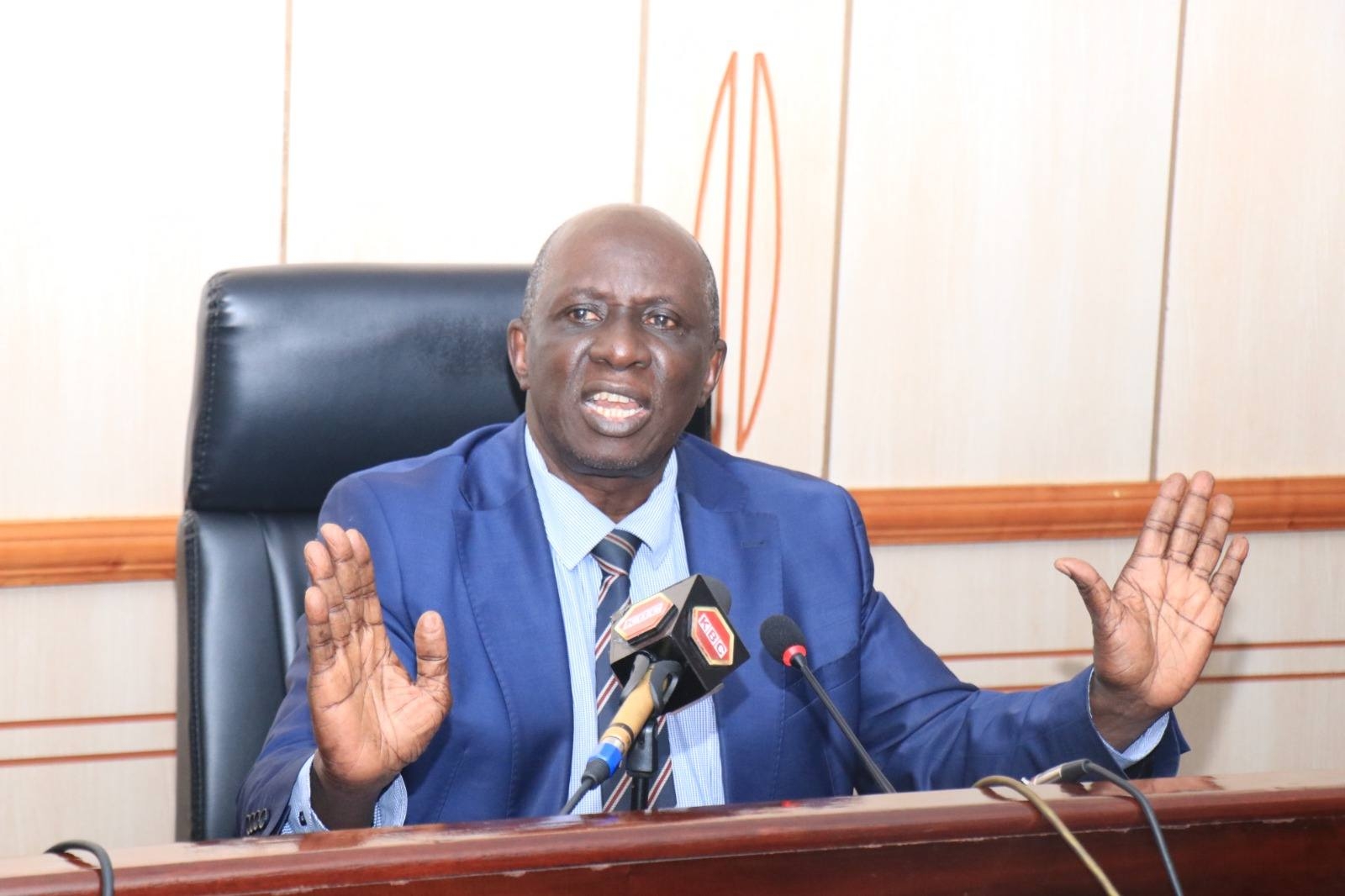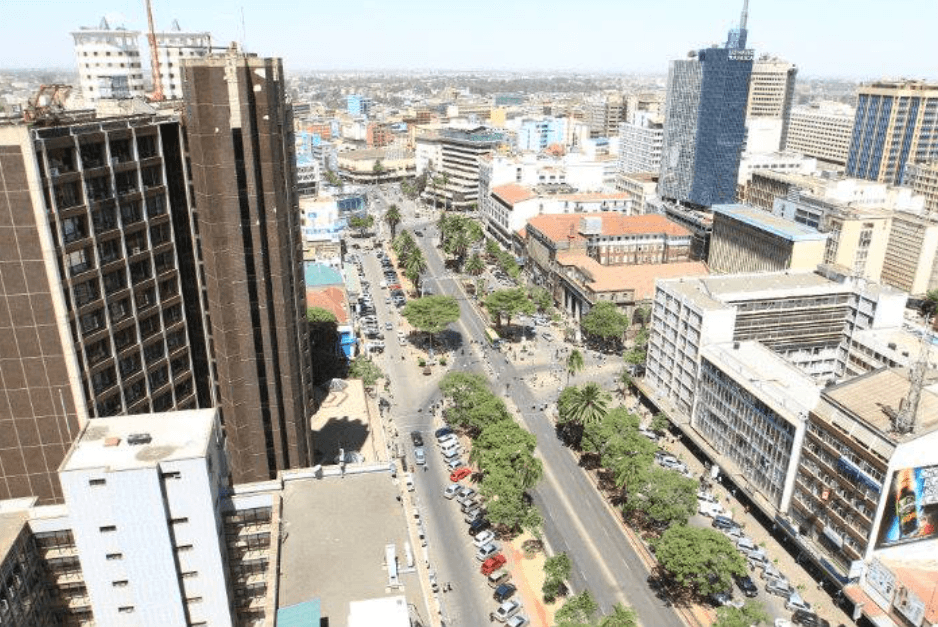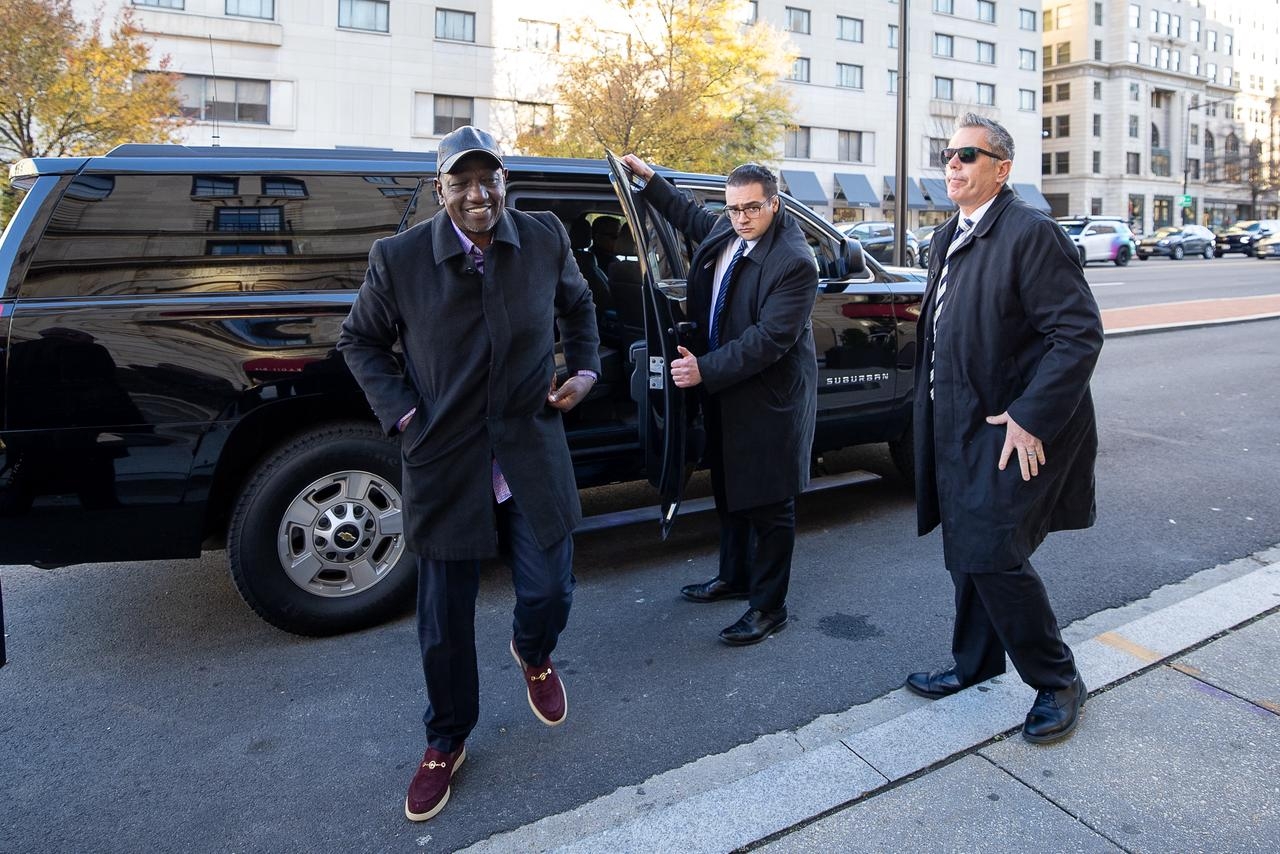City Hall has a reason to celebrate as its own source revenue hit Sh10.6 billion in the last financial year 2022-2023.
However, it was against a target of Sh18.2 billion, which was part of the Sh38.3 billion county budget.
According to data from the Finance Department, Sh10.6 billion is the highest achieved by City Hall in the last five years.
Speaking to the Star, Finance executive Charles Kerich said the achievement was remarkable.
“The revenue collected was the highest ever for a very long time and remember that last year most businesses were still in the post-Covid 19 pandemic recovery era,” he said.
Looking at the previous years, in 2021-22 Sh8.9 billion was collected while Sh9.7 billion was collected in 2020-21.
The lowest was collected was Sh8.5 billion in 2019-20, which was half the targeted Sh17.31 billion.
The 2018-19 financial year was no better, as the revenue was Sh10.17 billion, Sh5 billion less than the target of Sh15.29 billion.
Nairobi has not met its revenue targets since 2013.
In 2017-18, Sh10.17 billion was collected against a target of Sh17.23 billion. City Hall was set to raise Sh19.57 billion in 2016-17 but only collected Sh10.93 billion.
The highest amount ever collected was Sh11.71 billion in 2015-16, which was still far short of the Sh15.3 billion target.
In 2014-15, Sh11.6 billion was collected against a revised budget of Sh13.2 billion, while in 2013-14, Sh9.33 billion was realised against a target of Sh12.13 billion.
The own source revenue is normally generated by revenue streams.
The six key own-source revenue streams include parking fees, rates, single business permits, house rents, building permits and, billboards and adverts accounting to close to 80 per cent of the county’s annual own-source revenue.
Nairobi has been falling short of its revenue target since it came into existence in 2013 despite the digitisation of over 136 of its revenue streams.
This has been blamed on unreliable rates, low collection from single business permits and inefficient collection of parking fees.
In 2022-23 for rates at Sh2.86 billion, single business permit Sh1.6 billion, parking fees Sh1.86 billion, building permits Sh963.4 million, billboard and adverts Sh593.3 billion.
Others include markets Sh250.5 million, fire services Sh202.6million, house rents Sh450.4 million, food handlers certificates Sh132.7 million, liquor licenses Sh241.55 million, and other income Sh378.68 million.
Mama Lucy hospital was able to raise Sh439.1 million, Pumwani Sh182.7 million, Mbagathi Sh299.2 million and Mutuini Sh16.8 million.
The above was however against a target of rates at Sh5.6 billion, single business permit Sh3 billion, parking fees Sh3 billion, building permits Sh1.8 billion, billboard and adverts Sh1.2 billion.
Others include markets Sh538.8 million, fire services Sh450million, house rents Sh600 million, food handlers certificates Sh250 million, liquor licenses Sh250 million, and other income Sh1.48 billion.
Reacting to the own source streams, CEC Kerich attributed revenue mobilization drives in sub counties and public awareness to the good revenue performance .
He explained that rates revenue had improves as compared to the FY 2021-22 due to the new valuation roll, bulk sms reminders and extention of payment without interest upto June 2023.
Single Business Permit has also increased in terms of revenue due to the increase in number of new businesses registered in a single portal that is NairobiPay.
“Use of a singe collection platform also contributed and the service centers in onboarding customers fast. The fact that a number of customers could also self serve without visiting City Hall was also helpful,” Kerich added.
Revenue collection increase in building permits was attributed to the full implementation of the Nairobiplan system
However , the Finance boss noted that throughout the year City hall continued to experience revenue portal system challenges which hampered performance especially daily parking fees.
“In the new financial years we are reinforcing the strategies that worked and pushing for better system stability,” Kerich added.
In this FY 2023-24 Governor Johnson Sakaja led administration aims to collect Sh19.9 billion own source revenue as part of the Sh40.7 billion budget.
Sakaja is planning to introduce hourly parking charges in the next financial year as part of plans to increase revenue.
If the plan is adopted, motorists in the CBD will pay Sh100 for the first hour of parking.
For motorists who intend to stay longer, they will pay Sh50 for the subsequent hours they park in the city centre.
Currently, motorists pay Sh200 daily for on-street and lot parking of small vehicles in and outside the CBD.
To boost Nairobi’s revenue collection, Sakaja’s administration is setting up a revenue agency that will be tasked with collecting all rates, fees and charges.
The Nairobi City County Revenue Administration Authority will be headed by a board, while the management will be under a chief executive officer, who will be the principal collector of revenue.





